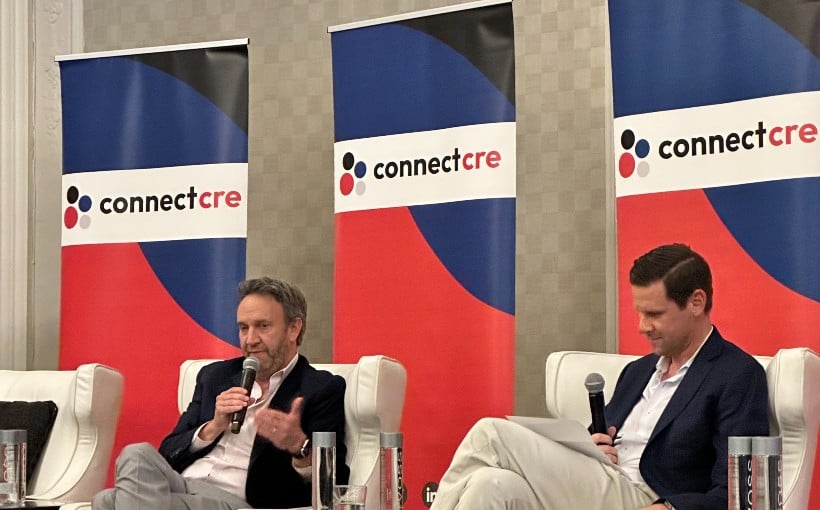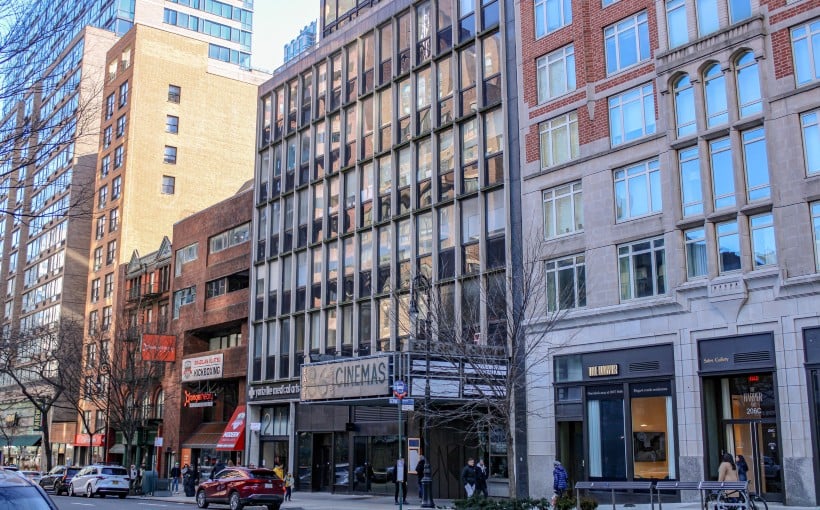Following what he called “a science experiment of quantitative easing for a decade and now quantitative tightening,” Waterton CEO David Schwartz believes the Federal Reserve has overcorrected by raising rates on the order of 500 basis points in a year. Even though the Fed paused on further rate increase this month, “We’re starting to see its impact in all sorts of ways,” Schwartz said during his keynote presentation at an event held in Chicago earlier this week.
The 10 consecutive increases have resulted in drastic illiquidity across real estate sectors according to Schwartz who was moderated by Magnolia Capital CEO Maxwell Peek. He pointed out that multifamily—the sector Waterton specializes–has been more fortunate due to GSEs but still faces volatility which makes it hard for investors to make decisions. Schwartz doesn’t expect any lowering from the Fed anytime soon as headline numbers are hot with apartment rents contributing roughly 30% towards Consumer Price Index (CPI). He noted that rent growth is no longer at 9%, “that train left station a while ago.”
To resolve this overcorrection and its negative impacts not only on commercial real estate but also banking system will require “a slow unwind” according to Schwartz who added that Federal Reserve may have lower rates even if inflation isn’t under control creating tricky situation. Turning conversation towards adaptive reuse he shared office landlords’ dim view about investment sales outlook for Class B product due low valuations and physical infrastructure issues making them unsuitable candidates for conversion into other uses such as apartments or live/work/play areas requiring government support & collaboration similar Daniel Burnham’s urban planning initiatives seen previously both Chicago & Los Angeles cities . His advice: be patient as we’re currently experiencing good old-fashioned cycle without bailouts from zero interest rates like before Great Financial Crisis (GFC).




